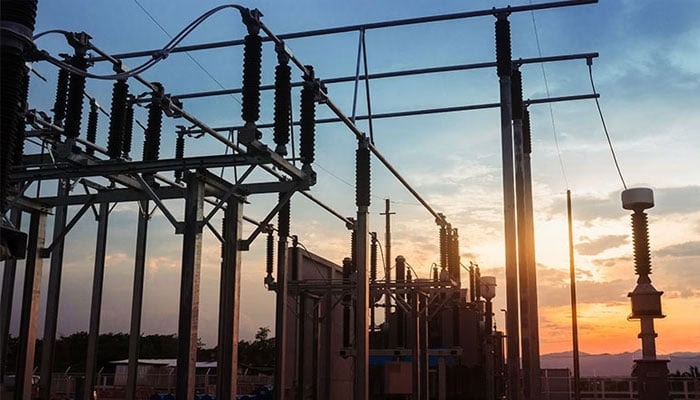The U.S. Department of Homeland Security (DHS) announced the formation of a blue-ribbon board comprising top executives from leading technology firms, including OpenAI, Microsoft, Alphabet (Google’s parent company), and Nvidia. This board will offer guidance to the government on the integration of artificial intelligence (AI) within critical infrastructure.
Tasked with developing recommendations for various sectors such as transportation, pipeline operations, power grids, and internet services, the board aims to bolster preparedness and prevent AI-related disruptions to services vital for national security, economic stability, public health, and safety.
Homeland Security Secretary Alejandro Mayorkas emphasized the board’s role in ensuring the safe deployment of AI technology and addressing potential threats it poses to essential services, spanning energy, utilities, transportation, defense, information technology, food and agriculture, and financial sectors.
Mayorkas underscored the practical focus of the board, emphasizing its commitment to devising actionable solutions rather than theoretical discussions. Notable figures among the 22-member board include CEOs like Sam Altman of OpenAI, Jensen Huang of Nvidia, Sundar Pichai of Alphabet, and Satya Nadella of Microsoft.
The board also features leaders from various industries, such as Delta Air Lines, Occidental Petroleum, and Northrop Grumman, along with public figures like Maryland Governor Wes Moore and Seattle Mayor Bruce Harrell.
Scheduled to convene for its inaugural meeting next month, the board plans to hold quarterly sessions to address emerging challenges and developments in AI and critical infrastructure.
DHS’s 2024 threat assessment underscores the significance of AI in cybersecurity, highlighting its potential to facilitate large-scale, efficient cyberattacks on critical infrastructure like pipelines and railways. Additionally, it raises concerns about the development of AI technologies by countries like China, which could undermine U.S. cyber defenses through malicious activities such as malware attacks.



